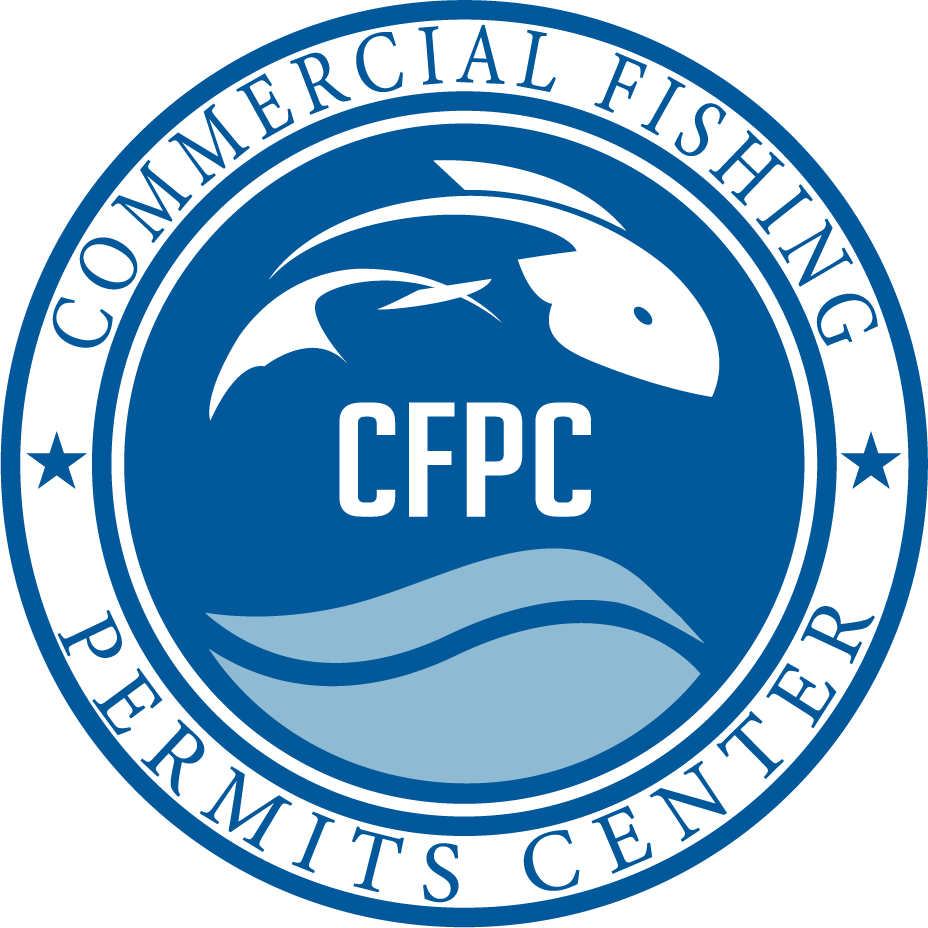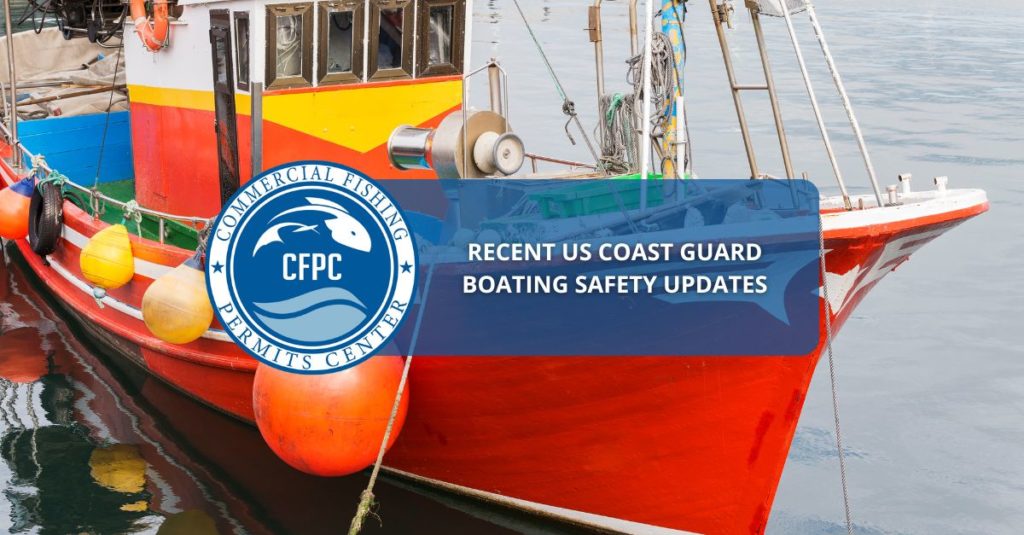Sometimes boating rules and regulations are changed or updated to keep everyone on the water safe. Adhering to US Coast Guard safety guidelines is a vital part of being a responsible boat owner. Part of that is staying up to date on the regulations and taking note of any updates that are made. This ensures your safety, as well as the safety of the other boaters on the water. With that in mind, here are some of the most recent updates that you may not already be aware of.
Inflatable Boats
Going out on the water in an inflatable boat is an iconic summertime activity that can be a lot of fun for all ages. Whether you’re anchored or are towing an inflatable, there are some new rules to heed. You must follow the manufacturer’s directions exactly when it comes to the inflation and pressure of our watercraft. Too much or too little can be dangerous so be sure you know exactly how to prepare your inflatable before it hits the water. Read the manufacturer’s directions carefully and check the inflatable regularly as you enjoy your time on the water just in case you need to add or remove air for any reason. If the inflatable isn’t safe to use, refrain from continuing to enjoy it. This can save lives and is very important.
Vessel Fires
Recent investigations by the Coast Guard as a result of fires on small passenger vessels require the need to emphasize fire safety on board your boat. It’s important to properly store and manage any explosive materials or items on your vessel (or leave them off if they aren’t necessary) and to take care of potential fire hazards while docked, instead of waiting until you’re already sailing. A boat fire can cause injuries and death, in addition to damage to the vessel itself, which can be expensive. Proper safety checks must be performed each time you launch your boat and should be conducted while docked, not after you are already in the open water.
Cold Weather and Condensate
Many people equate boating with warm temperatures and sunny skies. However, even in the summer, the weather can take a turn and you may experience colder than normal days or nights. This is especially true in northern locales. When this happens, it can result in a buildup of condensate in the airlines that help control the engine throttle and clutch control. When airflow is blocked, you could face big problems that can be a safety hazard. Make sure that you know where your boat’s compressed air systems are located and that they have air-drying mechanisms in place, should they be needed.
These are just a few of the most recent US Coast Guard boating safety updates. As always, follow all safety protocols anytime you go boating, whether it’s for fun or for commerce. Doing so protects you and your boat, but also protects other boaters and their vessels. Need more help figuring out the latest updates? Contact the Commercial Fishing Permits Center today. One of our friendly staff is here to assist you.



No Comments
Be the first to start a conversation